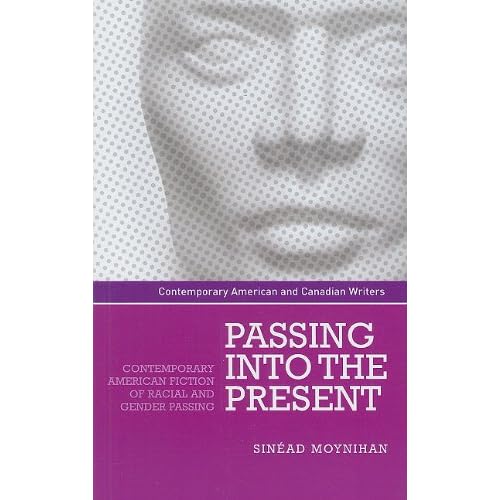Beyond The Chinese Connection: Contemporary Afro-Asian Cultural ProductionPosted in Anthropology, Asian Diaspora, Books, Communications/Media Studies, Media Archive, Monographs, United States on 2013-07-20 02:51Z by Steven |
Beyond The Chinese Connection: Contemporary Afro-Asian Cultural Production
University Press of Mississippi
2013-05-13
240 pages (approx.)
6 x 9 inches, bibliography, index
Hardback ISBN: 978-1-61703-755-9
Crystal S. Anderson, Associate Professor of English
Elon University, Elon, North Carolina
From Bruce Lee to Samurai Champloo, how Asian fictions fuse with African American creative sensibilities
In this study, Crystal S. Anderson explores the cultural and political exchanges between African Americans, Asian Americans, and Asians over the last four decades. To do so, Anderson examines such cultural productions as novels (Frank Chin’s Gunga Din Highway [1999], Ishmael Reed’s Japanese by Spring [1992], and Paul Beatty’s The White Boy Shuffle [1996]); films (Rush Hour 2 [2001], Unleashed [2005], and The Matrix trilogy [1999-2003]); and Japanese animation (Samurai Champloo [2004]), all of which feature cross-cultural conversations. In exploring the ways in which writers and artists use this transferral, Anderson traces and tests the limits of how Afro-Asian cultural production interrogates conceptions of race, ethnic identity, politics, and transnational exchange.
Ultimately, this book reads contemporary black/Asian cultural fusions through the recurrent themes established by the films of Bruce Lee, which were among the first–and certainly most popular–works to use this exchange explicitly. As a result of such films as Enter the Dragon (1973), The Chinese Connection (1972), and The Big Boss (1971), Lee emerges as both a cross-cultural hero and global cultural icon who resonates with the experiences of African American, Asian American, and Asian youth in the 1970s. Lee’s films and iconic imagery prefigure themes that reflect cross-cultural negotiations with global culture in post-1990 Afro-Asian cultural production.

